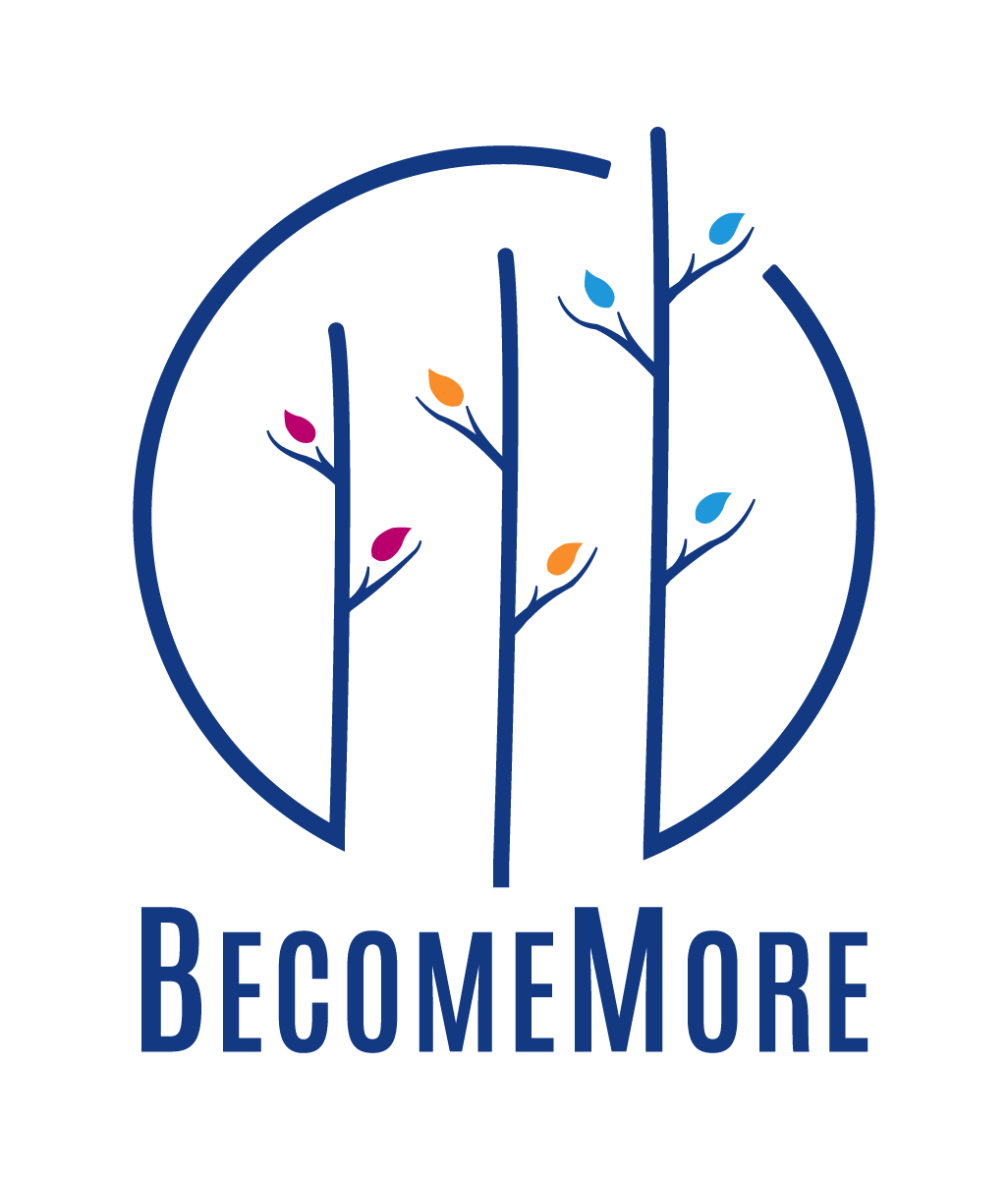
Life throws curveballs. From unexpected setbacks to personal challenges, navigating difficulties is an inevitable part of the human experience. I certainly see that in my own life, as well as in the lives of my clients. But what separates those who crumble under pressure from those who bounce back stronger? The answer lies in resilience.
Resilience isn't about being invincible; it's about the ability to adapt and thrive in the face of adversity. It's the psychological muscle that allows you to overcome challenges, learn from setbacks, and emerge from difficult situations with a renewed sense of purpose.
Why Is Building Resilience Important?
Resiliency at work benefits the individual as well as the overall organization in several ways.- Enhanced Mental Wellbeing: Resilient individuals are better equipped to manage stress, anxiety, and depression. They can effectively navigate difficult emotions and maintain a positive outlook even during challenging times. Studies by the American Psychological Association (APA) have shown that resilience is a key factor in mental well-being.
- Improved Physical Health: Research suggests a link between resilience and physical health. Resilient individuals tend to have stronger immune systems and are less susceptible to illness. A study published in the National Institutes of Health (NIH) suggests that higher resilience scores are linked to better overall physical health.
- Greater Confidence and Self-Esteem: Overcoming challenges builds confidence and fosters a belief in your ability to handle whatever life throws your way. You develop a sense of self-efficacy, trusting in your skills and resourcefulness.
- Stronger Relationships: Resilience allows you to weather storms in your relationships. You can communicate effectively, manage conflict constructively, and maintain strong bonds even during difficult times. Greater resilience can lead to better communication and problem-solving skills within relationships, as highlighted in a study by the Gottman Institute.
- Boosted Creativity and Problem-Solving: Challenges often spark creativity. Resilient individuals see setbacks as opportunities to learn and grow, fostering innovative problem-solving skills that help them overcome obstacles.
Tips for Building Resilience
If you suspect that resiliency is a muscle that you need to concentrate on, there are proven steps you can take to increase your ability to bounce back.- Develop a Positive Mindset: Focus on the things you can control and cultivate an optimistic outlook. The Mayo Clinic emphasizes the importance of positive thinking for building resilience.
- Build a Strong Support Network: Surround yourself with positive, supportive people who uplift you during challenging times. Strong social connections are a key factor in resilience, according to the American Psychological Association.
- Practice Self-Care: Prioritize activities that nourish your mind, body, and spirit. Self-care helps manage stress and promotes overall well-being, both of which contribute to resilience.
- Learn from Setbacks: View challenges as opportunities to learn and grow. Focus on what you can control and develop strategies for future obstacles. The American Psychological Association highlights the importance of learning from setbacks as a key aspect of building resilience.
By investing in your resilience, you equip yourself with the tools to navigate life's inevitable challenges. Remember, setbacks are not roadblocks; they're stepping stones on your journey to growth and success. So, build your resilience, bounce back better, and embrace the power to thrive in the face of adversity!
Image by Rosy / Bad Homburg / Germany from Pixabay

